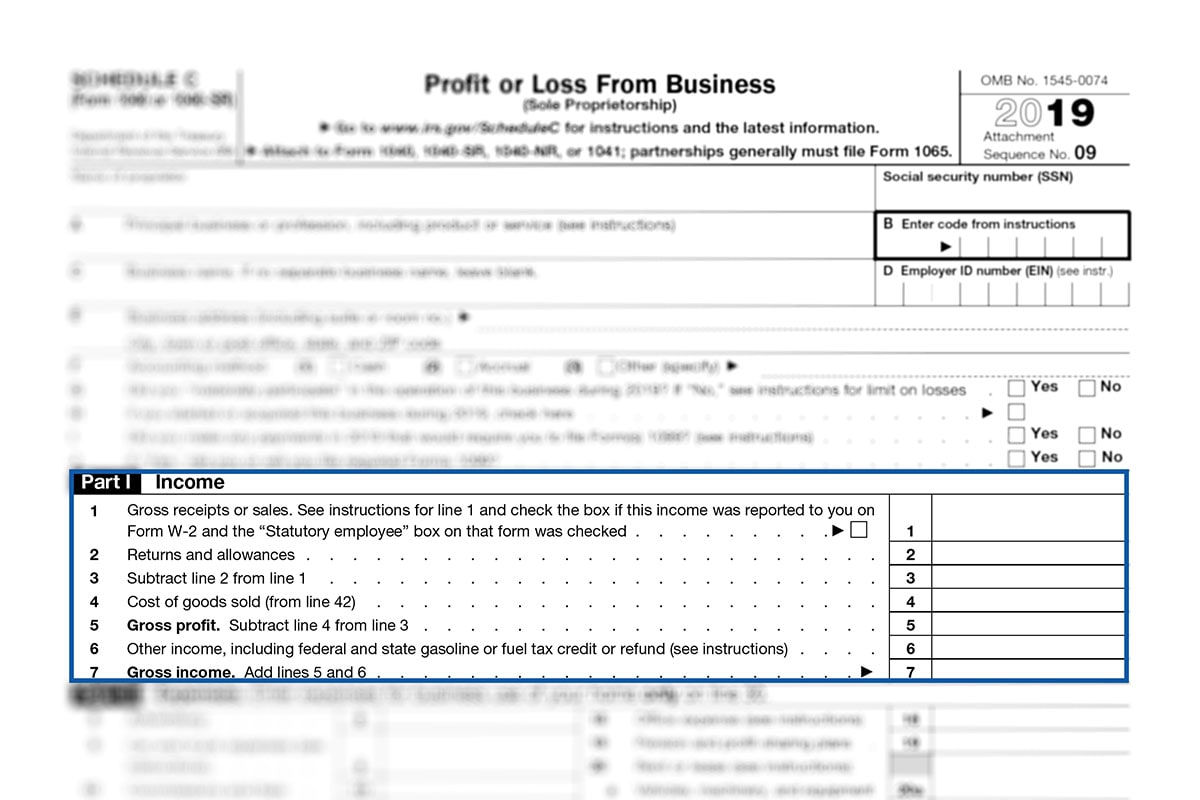Essential Tax Documents for Every Freelancer and Contractor

Working as a freelancer or independent contractor can be challenging. You have to juggle client needs and provide a great product or service. Freelancers must also carefully review their business records, in order to file an accurate tax return.
Here are the tax documents that every freelancer and contractor needs. First, let’s define an independent contractor.
How to Determine Your Freelancer Status?
The IRS defines a worker as an independent contractor using three different criteria:
- Behavioral control: Does your company have a right to control what the worker does and how they perform the job?
- Financial control: Does your company have a say in the material aspects of a worker’s job? In other words, do you decide which expenses you’ll reimburse or whether you’ll provide the necessary tools and supplies?
- Contractual Relationship: Is there a written contract? Are benefits such as pension, insurance, and vacation, or sick days a part of that contractual obligation?
If these three criteria apply, the IRS classifies the worker as your employee, making you responsible for completing Form W-2 and paying your share of FICA taxes.
If the worker doesn’t meet these criteria, they qualify as an independent contractor and must pay their own taxes. These individuals receive a 1099-NEC, which is essential for 1099 freelance earnings.
To keep the discussion simple, we’ll use “freelancer” to refer to both freelancer and contractors in the rest of the article.
Form 1099-NEC
Companies use Form 1099-NEC to report income earned by freelancers and independent contractors. For tax year 2024, businesses must send Form 1099-NEC to recipients by January 31st, 2025.
Freelancers should keep copies of their 1099-NEC forms for tax filing purposes. Employees, on the other hand, receive a W-2 form to report their income to the IRS.
If a business pays a freelancer less than $600 in a tax year, it doesn’t have to issue a 1099-NEC. However, freelancers must report all earnings to the IRS, regardless of whether they receive a 1099-NEC from a client. Understanding these requirements is crucial for filing taxes as a freelancer properly.
Filing Taxes Without a 1099 Form
Here are the steps to file a tax return when you don’t receive a 1099 freelance form from all of your customers:
Check for your 1099 Forms
– Gather all of the forms that you received from customers during the year.
Review your bank deposits
– Review your deposits, and compare your freelance tax form documents with the customer deposits. If you received a client payment but didn’t get a freelance tax form, you still need to report the amount on your tax return.
Complete Schedule C
– Freelancers post business revenue and expenses to Schedule C of the personal tax return (Form 1040). Revenue minus expenses equals net income (or profit), and the freelancer then adds that net income to other sources of income on Form 1040.

All of the freelancer’s income must be posted to Part 1, Line 1 of Schedule C (Gross receipts and sales). This includes income reported on 1099 forms, and payments under $600 that did not require a 1099 form.
A freelancer’s business net income is posted to Schedule 1 of Form 1040, and the amount is added to other income (such as a spouse’s income, dividend income, or interest income) on the personal tax return. This process is essential for those learning how to file taxes as a freelancer and ensuring compliance with IRS regulations.
Here are some other forms that are not required for freelancers.
Other Tax Forms
If you’re worked as an employee, you may be familiar with these forms:
1) Understanding Form W-4:
The Employee’s Withholding Allowance Certificate (Form W-4) is a form that the federal government requires employees to fill out when they are newly hired. Information submitted on the form (allowances) lets employers know how much salary to withhold from a paycheck for tax purposes.
Freelancers are not categorized as employees and do not need to complete W-4 forms for clients, as they handle their own freelance taxes 1099 obligations.
2) Going over Paystubs:
A pay stub lists all of the key information related to an employee’s pay. The paystub provides information on wages, tax withholdings, and benefit withholdings. In most cases, freelancers don’t receive pay stubs from customers. Instead, they must keep their own financial records to handle freelance work taxes correctly.
Whether you’re a freelancer or a business owner, you can save time and increase accuracy by using technology.
How FormPros Can Help
FormPros offers expertly customized business and tax forms. Our software provides intuitive forms that ask the right questions, so you can quickly generate documents at a fraction of the cost of hiring a lawyer.
Your business can generate 1099-NEC documents, Form W-2, and W-9 forms using FormPros. The process is quick and painless, giving you more time to focus on your business while ensuring you understand how to file taxes for freelance work.
By following these steps, freelancers can efficiently manage their tax obligations, including filing taxes as a freelancer, handling freelance work taxes, and ensuring they meet all IRS requirements. Knowing how to file taxes for freelance work correctly can help avoid penalties and simplify the tax season.
Essential Tax Documents for Every Freelancer and Contractor FAQs
-
What happens if I forget to report freelance income?
Even if a client doesn’t send you a 1099-NEC, the IRS expects you to report all income. Forgetting to include earnings could trigger an audit or lead to penalties and interest. Always track payments independently using invoices, deposits, or accounting software to ensure full income reporting.
-
Can freelancers deduct home office expenses?
Yes, freelancers may qualify for the home office deduction if a part of their home is used regularly and exclusively for business. This can include a portion of rent, utilities, and internet expenses. Use IRS Form 8829 to calculate and report this deduction.
-
How do quarterly estimated taxes work for freelancers?
Freelancers must typically pay quarterly estimated taxes if they expect to owe at least $1,000 in taxes for the year. These payments cover income tax and self-employment tax and are due in April, June, September, and January. Use Form 1040-ES to calculate and pay.
-
Do freelancers need an EIN for tax filing?
An Employer Identification Number (EIN) isn’t required for all freelancers, but it can be helpful—especially if you hire contractors, form an LLC, or want to separate business and personal finances. Many freelancers still file taxes using their Social Security Number (SSN).
-
What bookkeeping tools are helpful for freelancers?
Freelancers often use tools like QuickBooks, FreshBooks, or Wave to track income and expenses. These platforms can generate reports and simplify Schedule C preparation. Using digital bookkeeping tools also reduces the risk of missing deductions or underreporting income during tax season.